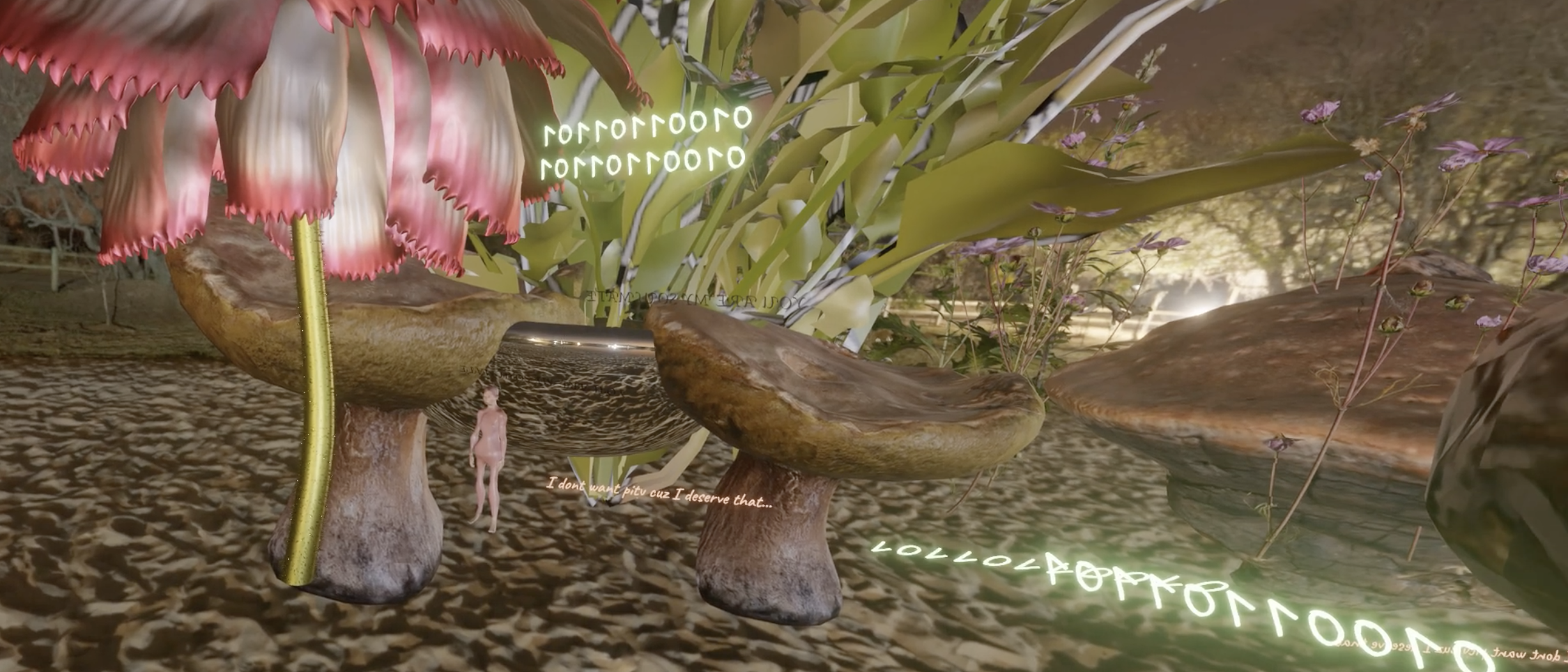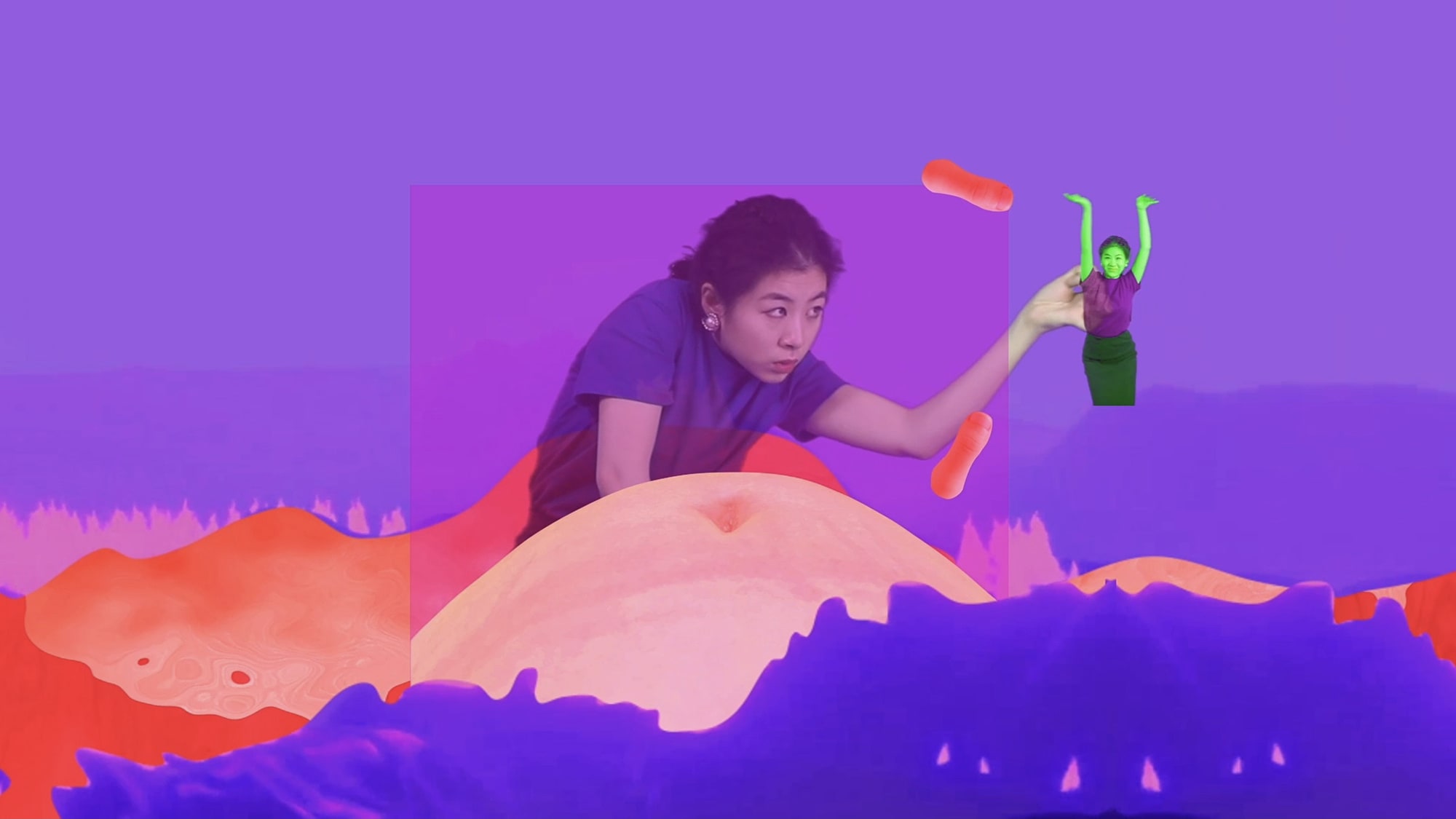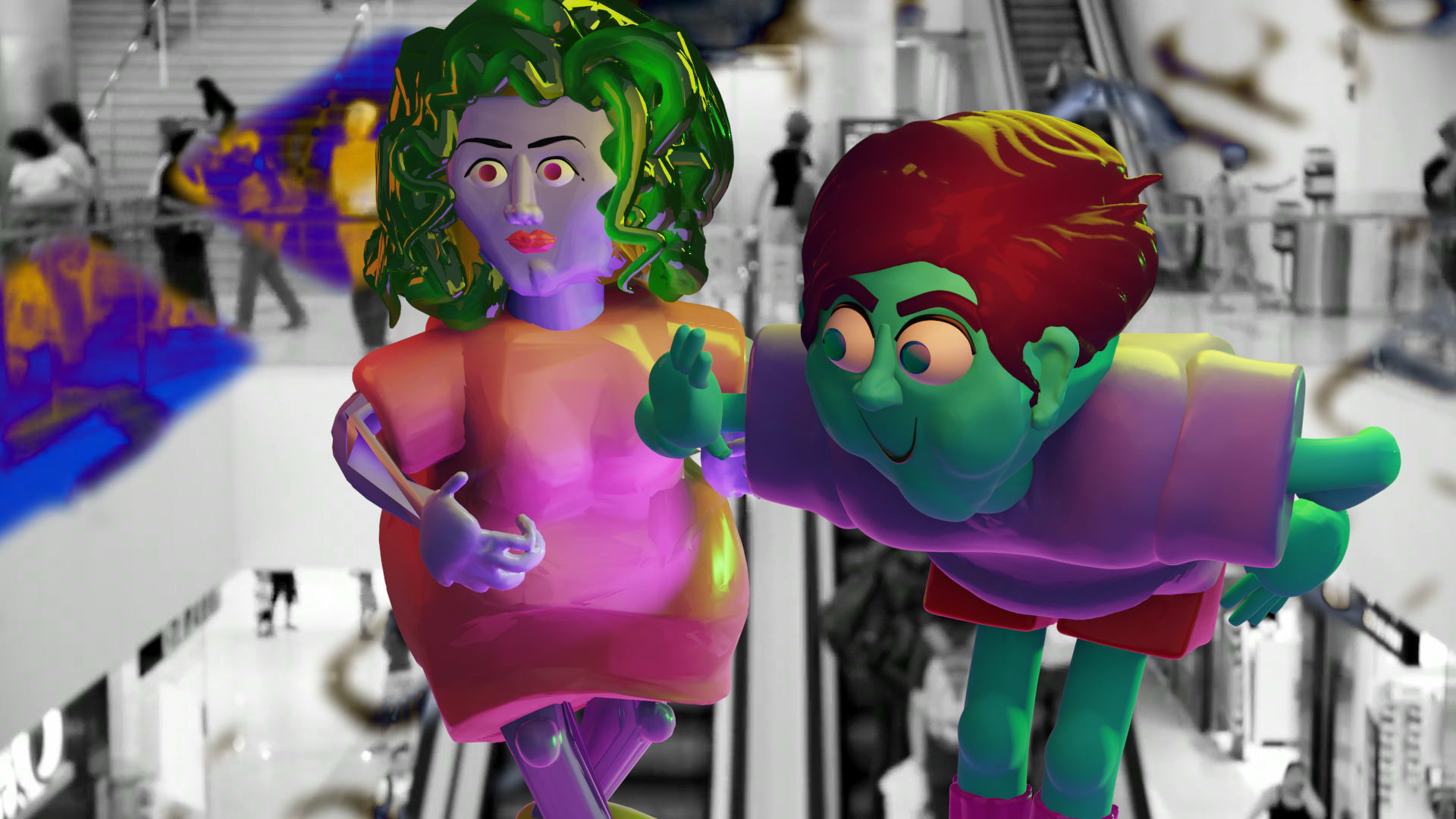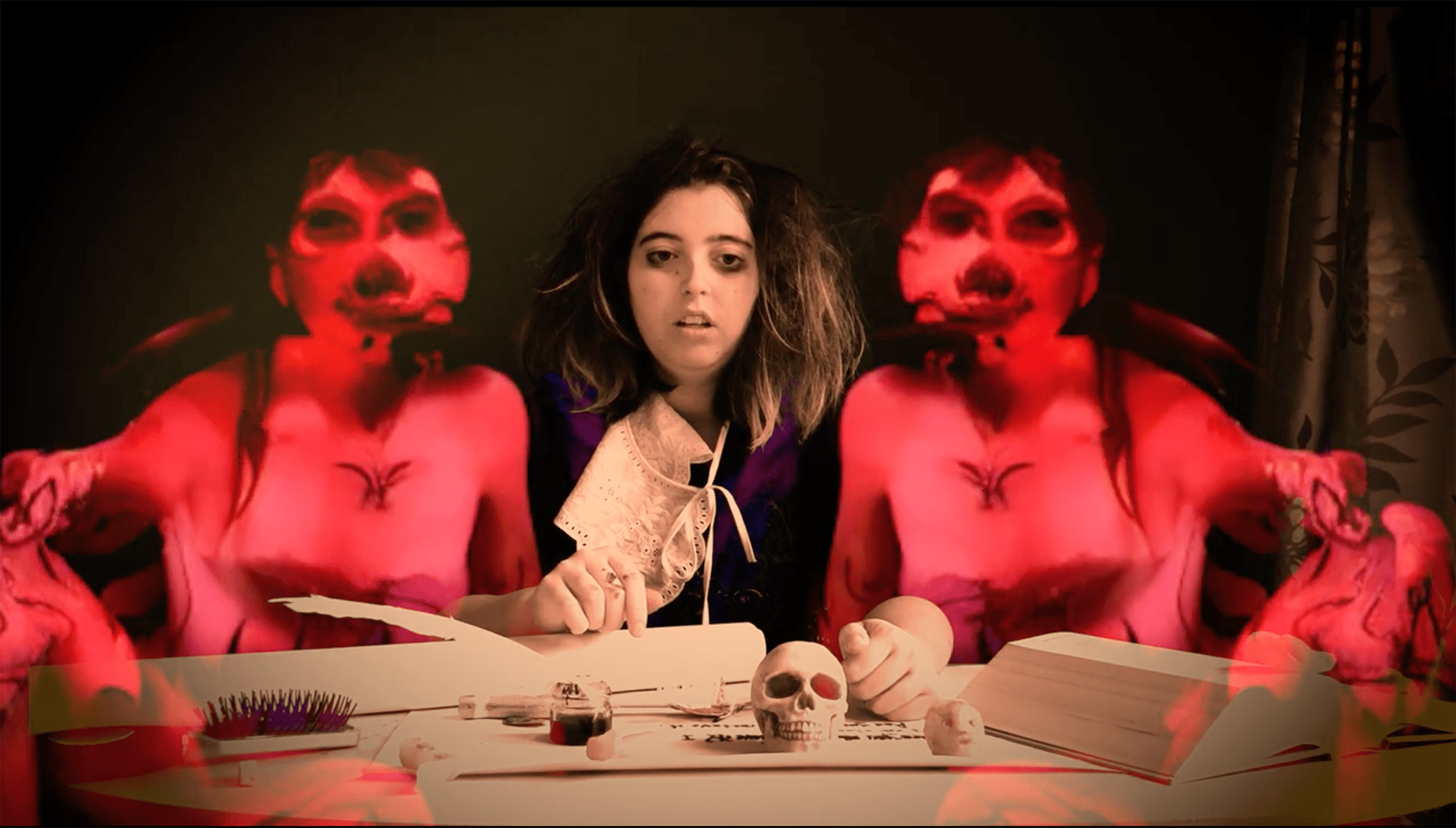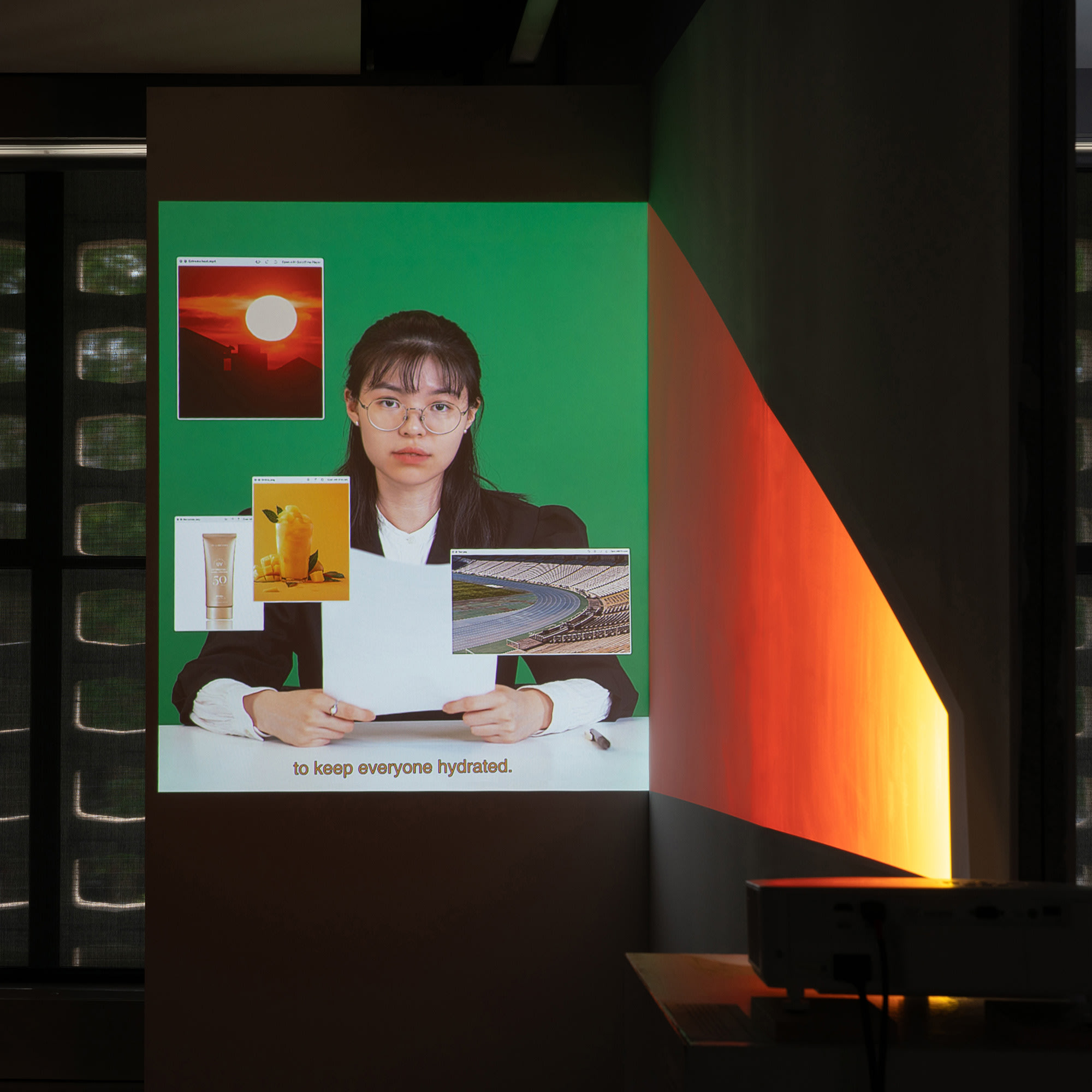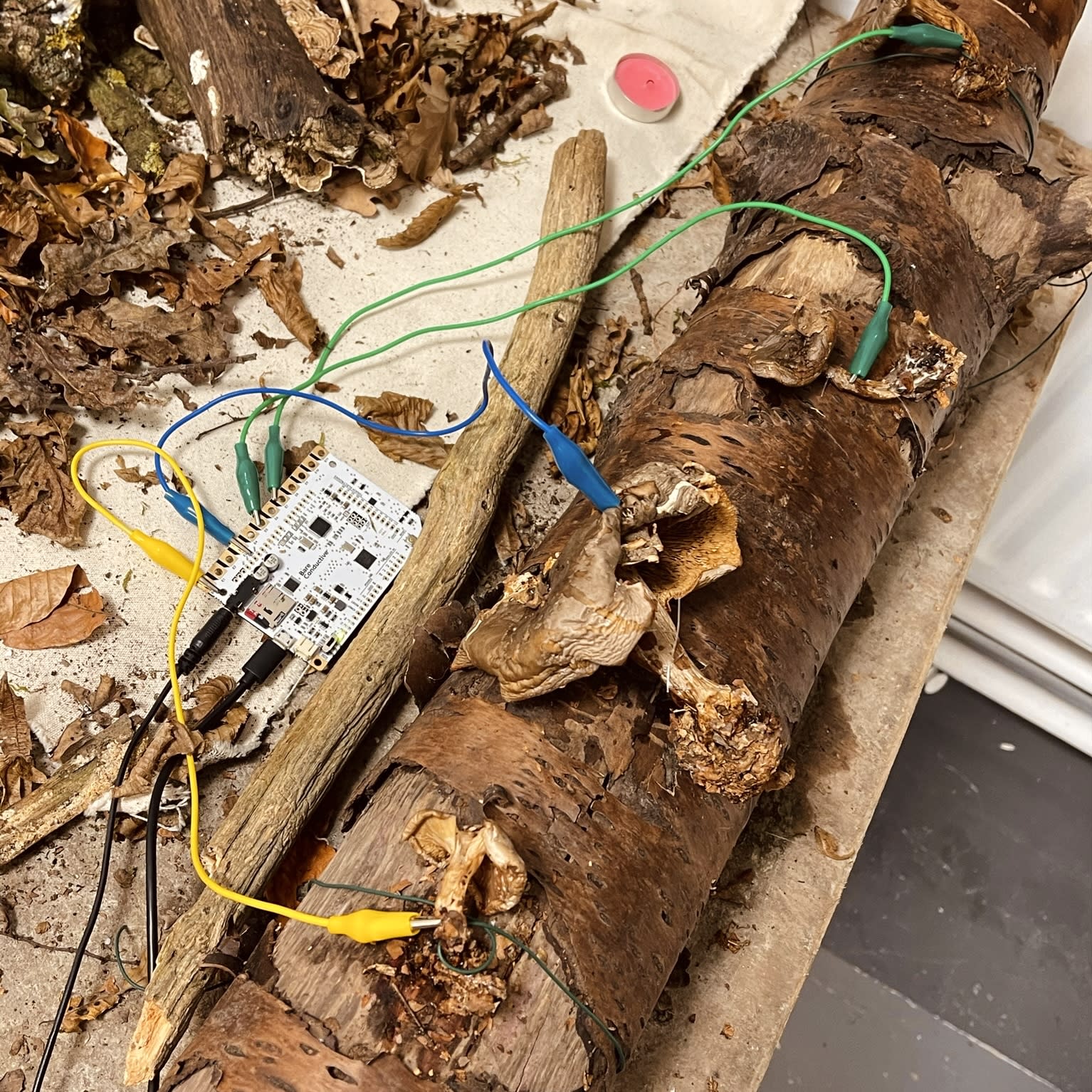Course units
Unit 1: Locating practice within specialism
In this unit, we’ll introduce you to the teaching, learning and research culture of Camberwell College of Arts. Through independent practical experimentation in the studio, workshops and beyond, you’ll test your ideas and challenge your approaches to making your artwork. You’ll will have the opportunity to explore a range of materials, methods and techniques to expand and deepen your technical and practical skills.
You'll identify your aims and intentions through research and critical reflection. This will be supported by an introduction to key practice-based research methodologies.
You’ll interrogate and debate key ideas and developments within Computational Arts and build upon your technical, practical and presentational skills. You’ll extend your network beyond your subject specialism through cross-pathway MA Fine Art lectures and presentations. Alongside these teaching and learning events, the Professional Toolkit programme will support the development of your professional skills and knowledge.
Throughout the unit, you’ll document the key developments in your studio practice and reflect critically on your specific research questions and contexts. This will form the core part of your Unit 1 assessment submission for which you will receive written and verbal feedback.
Unit 2: Testing beyond specialism
In this unit, you’ll build on the feedback you received at the end of Unit 1. This will help you to focus and deepen your research and further define your own unique set of creative processes through independent and peer-to-peer learning. Through seminars, reading groups and talks, you’ll continue to engage with current debates within art, culture and society. You’ll test the rigour of your work seminars, crits and exhibitions. We’ll encourage you to extend your research methods and to engage with research resources beyond the University.
You’ll explore different approaches to critical reflection and writing about your artwork and research through a series of workshops. You’ll continue to equip yourself with a broad range of professional skills and knowledge through talks and workshops to prepare you for a sustainable and rewarding professional life in the art world and wider creative industries.
In the second part of this unit, you’ll start working towards a coherent body of work for presentation in a major public exhibition, the MA Show, which takes place at the beginning of Unit 3.
At the end of the unit, you’ll submit a body of work and a research file in. This is an opportunity to critically reflect on the key developments in your practice and the ideas, debates and contexts that shape your work.
Unit 3: Making public
In the first part of this unit, you’ll exhibit your work in a public exhibition to test ideas in front of an audience. Feedback from this exhibition will help you further develop your practice, both technically and theoretically during the autumn term.
In addition to your studio work, you may choose to develop a professional project or undertake an extended piece of critical writing, to acknowledge the holistic nature of art practice. Your research and learning will be supported by tutorials, crits, seminars and workshops.
You’ll continue to develop the professional skills and knowledge that will allow you to progress to further academic study or employment in the art world, broader cultural industries or other professional environments.
Towards the end of the unit, you’ll work in collaboration with students from across the MA Fine Art pathways to stage a public programme of research. You’ll present your ideas through your choice of formats. This might include published writing, artist books, workshops, presentations and live events.
For your final submission, you’ll present a resolved body of work and contextual research that articulates the key subjects and contexts that underpin your studio practice. We’ll also support you in the development of an online presence to showcase your practice to a public audience.
Note: 120 Credits must be passed before the final unit is undertaken.
